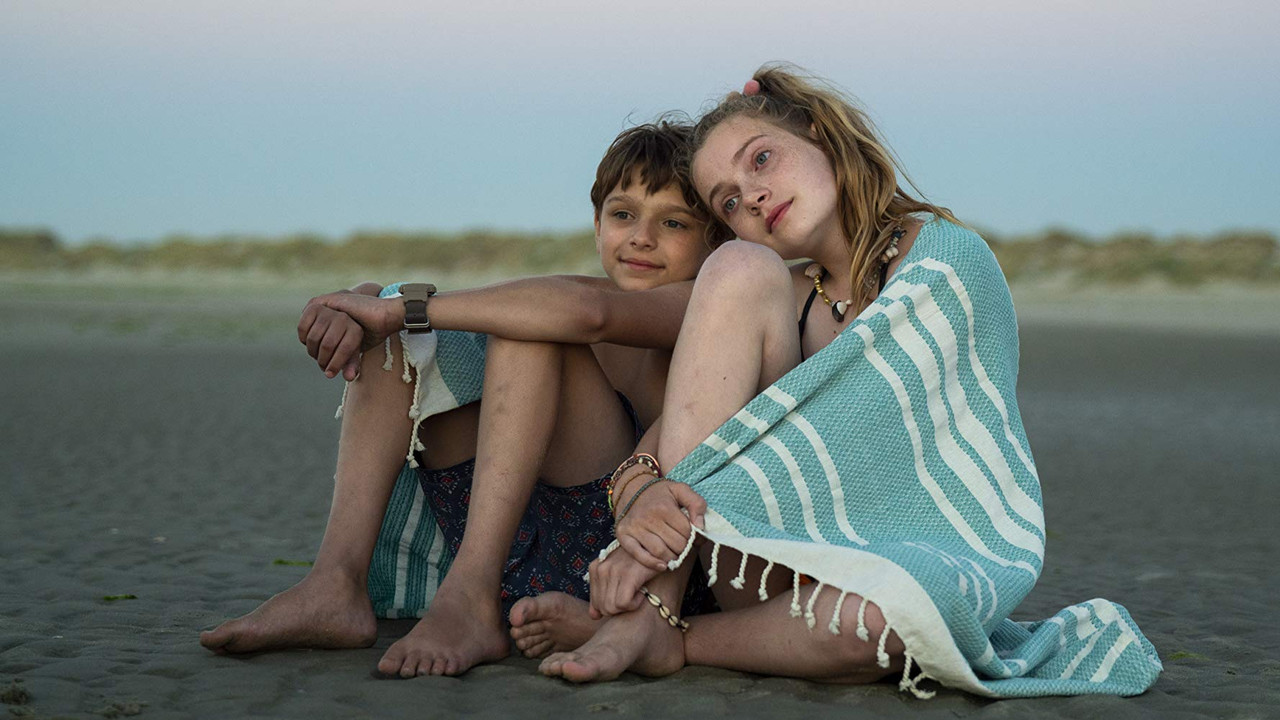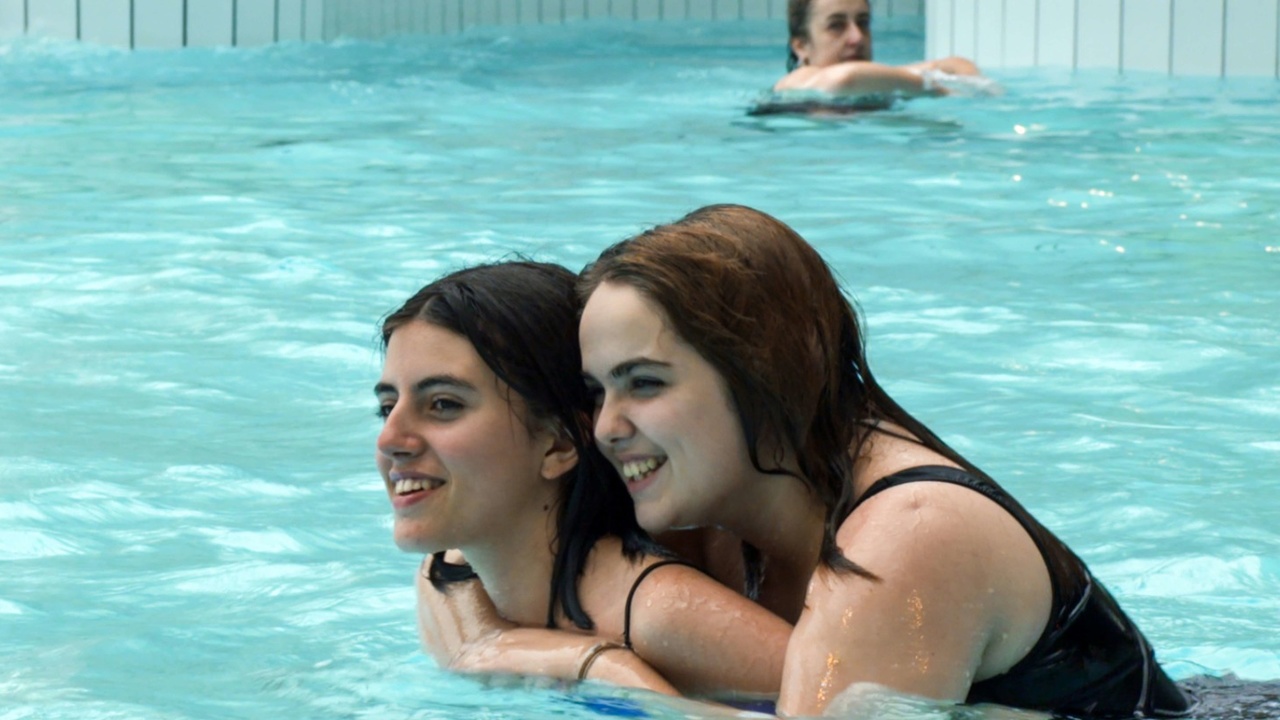Dir: RJ Cutler
Unless you’ve had your head in the sand for the past three or four years, you’ve heard of Billie Eilish. I was, as ever, a latecomer, only discovering her with the video for When The Party’s Over, but she had been building a dedicated and exponentially expanding fanbase online for some time before that. A key part of her appeal, perhaps especially to her own generation (she is still just 19), is her apparent openness and honesty. She’s been candid, in her music and interviews, about depression, anxiety, her Tourette syndrome, and much more, forging a strong connection with her fanbase. In The World’s A Little Blurry, director RJ Cutler (a prolific documentarian, perhaps best known for The September Issue) takes a long close-up look at Eilish and her family in the time between the writing of her first album and her triumph at her first Grammys.
Perhaps perversely for a film about a hugely successful musician, the parts of The World’s A Little Blurry that dwell on the music are often the least interesting passages of the film, or rather they’re only particularly interesting in how they contribute to what the film really strikes me as; a study of a sometimes vulnerable, ultimately very normal, teenager as she navigates extraordinary circumstances, and deals with the usual teenage bullshit. This is partly because her process with her brother and producer Finneas has been well documented, seeing them actually construct songs is instructive, as are the extensive concert sequences, and some of the behind the scenes looks at the struggles of touring, but these are the elements of the film that we already know and that feel like they could come from any documentary about a touring musician. They are also arguably where Cutler could reduce what is an overindulgent 140-minute running time.
What’s more interesting is the picture the film builds of Eilish. She and Finneas are both clearly preternaturally talented and you would expect that to manifest in confidence in what they do, we definitely see that in Finneas, especially when he says he aims for every song they write to be the best song they’ve ever written, but it seems not to be the case for Billie, who we often see needing her brother’s encouragement and reassurance. Much of the footage just between Eilish and her family looks as though it was shot by them, or certainly with a very tiny crew, and while of course editing can radically alter perception in documentaries, each moment at least seems honest and unfiltered. Billie and Finneas’ parents emerge as interesting characters here. Many things, as when her Dad gives Billie a ‘be careful’ speech the first time she is about to take her car out on her own, then reminisces about the end of his daughter’s childhood, are very normal everyday parent moments, but obviously, the circumstances are also often almost surreal. Their mother and father are sometimes visibly astonished by what’s happening to their children’s lives, but also seeming to do a good job of taking it in stride and help their daughter process it. Only in one moment do they seem to sugarcoat something, saying “we let you down” when she is upset over negative feedback after a meet and greet she didn’t want to do with record company people, but again there’s insight here; a moment less of managing an artist and more of managing a teenager who had a moment where she was just sick of doing something.
The World’s A Little Blurry is a coming-of-age film of sorts. Not only does it mark milestone birthdays, it uses both Billie’s learning to drive and a relationship (which never seems all that healthy) as throughlines, charting important stages of each of them. The relationship in particular seems to see her grow up. Early on we overhear several cutesy conversations on the phone, later we find Eilish bemoaning the fact that her boyfriend won’t make more time for her and one troubling moment finds her telling her parents that, even though he hurt himself punching a wall, this guy would never hit a person. By the end of the film, we definitely see a person with more perspective and a greater understanding both of what she wants and why neither she nor her boyfriend was getting it in that relationship. It’s a real maturation. I would say we also see maturation in Eilish’s relationship with Justin Bieber. We hear a lot about how, when she was 12, she was so obsessed with him that her mother considered getting her therapy and, in one of the film’s most disarming moments, we see their first meeting, and Eilish very much back to being that little girl, sobbing while Bieber hugs her. By the end though, we find her much more assured and comfortable; touched but not overwhelmed when Bieber calls to congratulate her after the Grammys.
Much as they do in her music, I think Billie Eilish’s fanbase will find much to connect with in The World’s A Little Blurry. Eilish is open about her challenges and problems (an impactful moment shows us a page from her journal written when she was self-harming), and the end of the doesn’t find her having unlocked all the answers, but what her fans have always seemed to find in her is someone whose experiences reflect their own and who can articulate them in a way that speaks powerfully to them. This film, while it’s overlong and restates plenty of things we’ve already heard from and about Eilish, will also give them that.
★★★½



